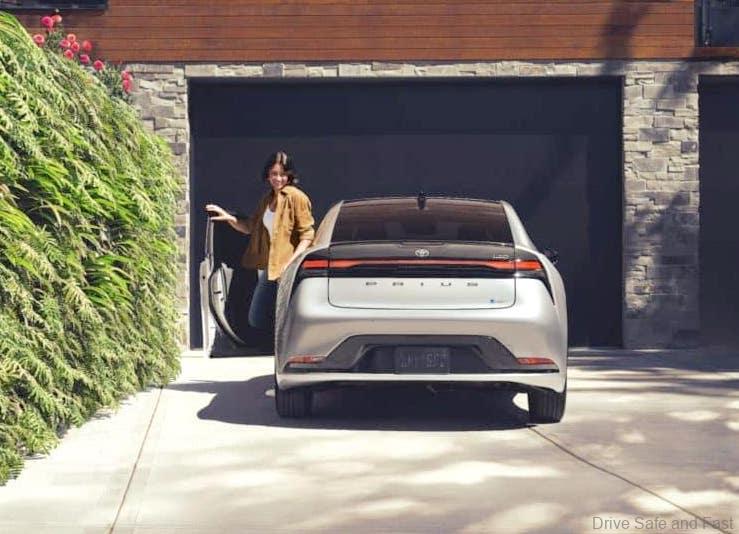EV shift is accelerating globally and is now irreversible
A recent interview by Bloomberg with the head of Musashi Seimitsu Industry in Japan has contradicted some of the statements made by some Japanese car manufacturers.
Interestingly, it would seem that the big Japanese auto brands are finding synergies as 2024 progress to reverse the EV acceleration, or at least slow it down until electric car battery manufacturing costs reduce and the environmental impact is vastly reduced.

Lets not discount what the European nations demand in terms of clean air and yet have no ‘dirty mining’ or ‘dirty factories’ in their backyard and instead ‘hide all their dirty production’ in South America, Africa and ASEAN nations which need the funds.
Meanwhile, Hiroshi Otsuka, who heads Musashi Seimitsu Industry, an Aichi Prefecture-based manufacturer that produces parts for engine transmissions says that the current pace EV movement will have a profound impact in Japan.
It seems that this shift could represent a serious problem for Japan, as the auto industry is a backbone of the Japanese economy (we have just seen how Subaru has been forced to close CKD production for ASEAN in Thailand)
In case you didn’t know this, in 2019, the value of the Japanese auto sector’s shipments overseas totaled ¥60 trillion (USD405 billion at current exchange rates), or equivalent to about 19 percent of that of the overall manufacturing industry. The value of auto exports in 2023, meanwhile, was ¥15 trillion, amounting to about 18 percent of total exports.
The number of employees working for the auto industry was about 5.5 million in 2020, or roughly 8 percent of the nation’s entire workforce.
Underpinning the threat to the current auto industry pyramid is its reliance on traditional production customs.
One of the strengths of Japan’s auto sector is its craftsmanship based on close coordination between carmakers and suppliers, especially with regards to engine-related systems, Otsuka says.
He pointed to the example of gears, even if his firm makes them based on design specifications, they often don’t work perfectly. As such, the carmaker and his firm need to work together to make painstaking adjustments as part of the finishing touches.
But since EVs don’t have engines, they don’t require this level of refinement, with the manufacturing process more like the simple assembling of parts seen for electronics products.
As a result, “I believe the pyramid structure will be changed for sure,” Otsuka says.





